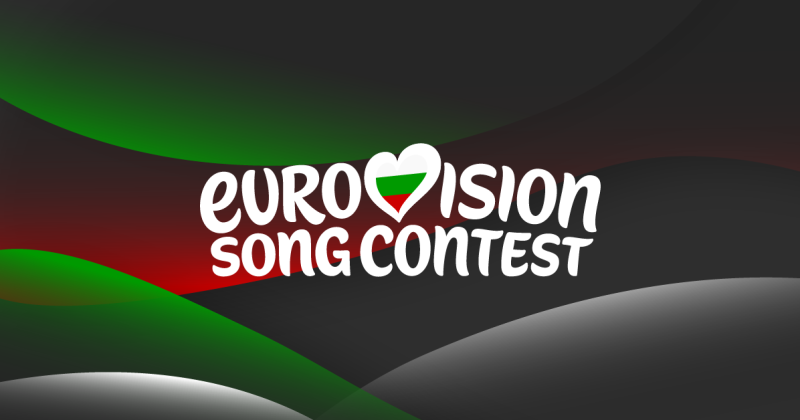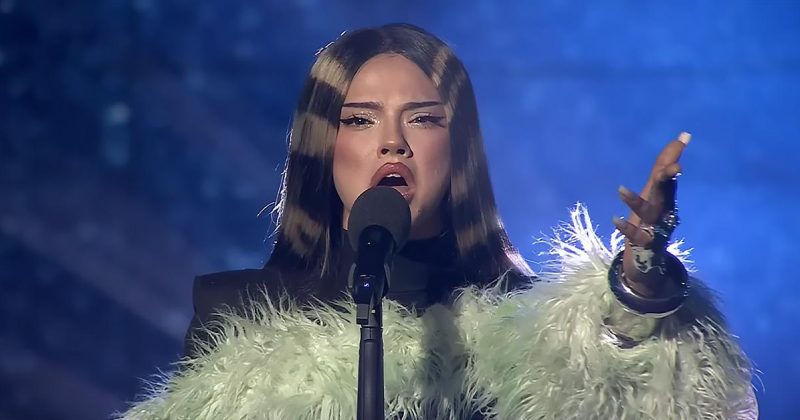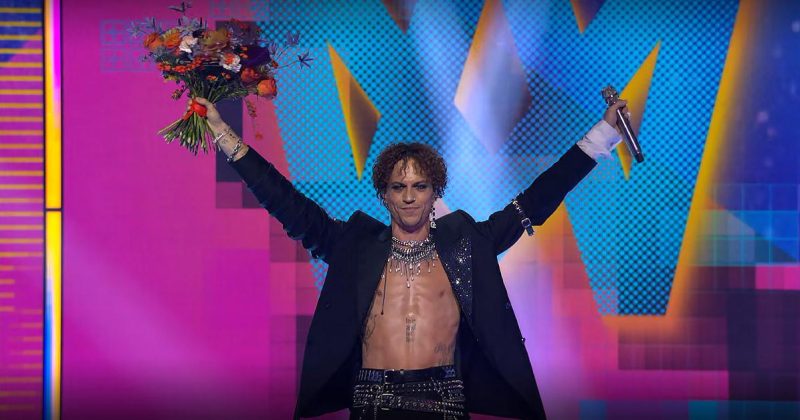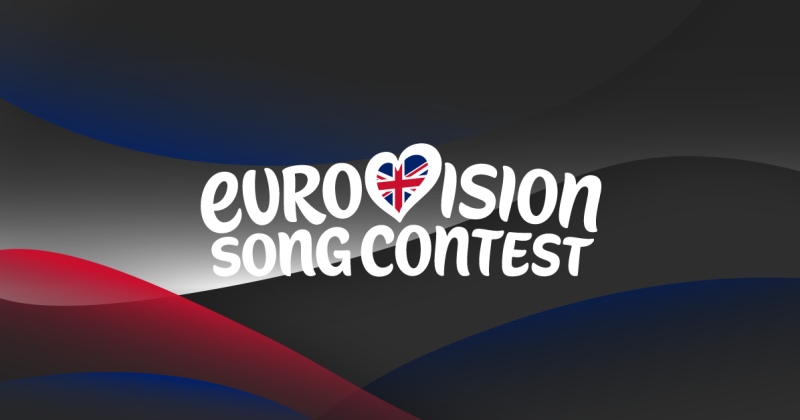
Amid announcements by several European countries threatening to boycott Eurovision 2026 if Israel participates, BBC Director-General shared his stance before the UK Parliament. Will the United Kingdom join the boycott against Israel?
In the past week, several European countries announced that they will not participate in Eurovision 2026 if Israel remains in the competition. Slovenia, Ireland, and the Netherlands declared their withdrawal under such circumstances, while Iceland and Spain hinted they may also join the boycott. The Director-General of the British national broadcaster BBC, Tim Davie, addressed the issue during a session of the UK Parliament’s Public Accounts Committee.
Will the United Kingdom Join the Boycott?
During the session, Davie stated that the BBC is aware of concerns surrounding Israel’s participation in Eurovision but emphasized that they are working with the EBU on the matter:
“Eurovision has never been about politics, it should be a celebration of music and culture that brings people together. We need to see what the broadcast union decides”.
He also stressed the broadcaster’s relationship with the EBU:
“At this stage we are supportive of the European Broadcast Union’s work. They are going around discussing with members, working through all the processes by which they would be satisfied to make a decision one way or the other. really important… that we try to preserve the celebratory element of the contest, But at this stage, I’m supporting the European Broadcasting Union’s work, and they need to get on with it”.
What Does This Mean for Israel?
This statement from the BBC Director-General is somewhat surprising, given the broadcaster’s reputation for critical coverage of Israel and its reporting on the war in Gaza. As Davie himself emphasized, attempts to turn Eurovision from a cultural stage into a political one run counter to the contest’s principles. As long as this line is maintained, Israel is expected to remain an integral part of the world’s biggest music celebration.
The UK, as a member of the “Big 5”, holds significant influence. Therefore, the broadcaster’s statement carries considerable weight in
EBU’s Response: “Each Broadcaster Decides Whether to Participate”
Martin Green, the contest’s executive supervisor, stressed that participation in Eurovision is voluntary:
“The EBU will continue to maintain neutrality regarding the Middle East conflict”.
The vote on Israel’s suspension is expected December 4th-5th during the EBU General Assembly. Green added that by mid-December, each country will be required to confirm participation, and each national broadcaster will decide independently: “We will respect every decision”.
The EBU’s regulations allow suspension or expulsion of a country only through a special vote with a qualified majority, and only in extreme circumstances. Therefore, despite pressure from Slovenia, Spain, and Iceland, suspending or excluding Israel does not seem realistic at this stage. Nevertheless, Slovenia’s declarations and threats, along with the possibility of more countries joining a boycott, place significant uncertainty over the Vienna contest. Will Israel ultimately take part in the competition? For now, it is impossible to say with certainty — but many are still holding their breath in hope.
Israel at Eurovision 2025
“New Day Will Rise” is the song performed by Yuval Raphael, who was chosen to represent Israel after winning the 11th season of “HaKokhav HaBa”. Israel advanced to the final after winning the second semi-final with 203 points and finished second overall with 357 points in the grand final. Israel ranked first in the public vote but only 14th with the jury. This marks the third consecutive year that Israel has reached the top five – an unprecedented achievement.
Eurovision 2026: This will be Israel’s 48th participation in Eurovision. Israel joined the contest in 1973 and has won four times. Its most recent victory was at Eurovision 2018 with the song “Toy”, performed by singer Netta Barzilai.

Email: [email protected]
Phone: +972-50-9441919
Neta Geffen is a respected journalist at Euromix, Israel’s leading news site for Eurovision coverage. Since 2010, Neta has been closely following the Eurovision Song Contest, bringing with him extensive experience, profound knowledge, and a broad understanding of the history, politics, and cultural influences that shape the event every year.
Neta publishes articles, analyses, and up-to-date reviews on all Eurovision developments, including musical trends, format changes, political influences, and audience reactions across Europe and Israel. Thanks to a deep connection to the contest’s history, Neta provides readers with wide-ranging context—from the impact of political events on results, to in-depth analyses of songs and languages within the competition. Neta specializes particularly in the Eurovision rock genre, Balkan ballads, and native language entries, with a special focus on Italian and Greek songs.









